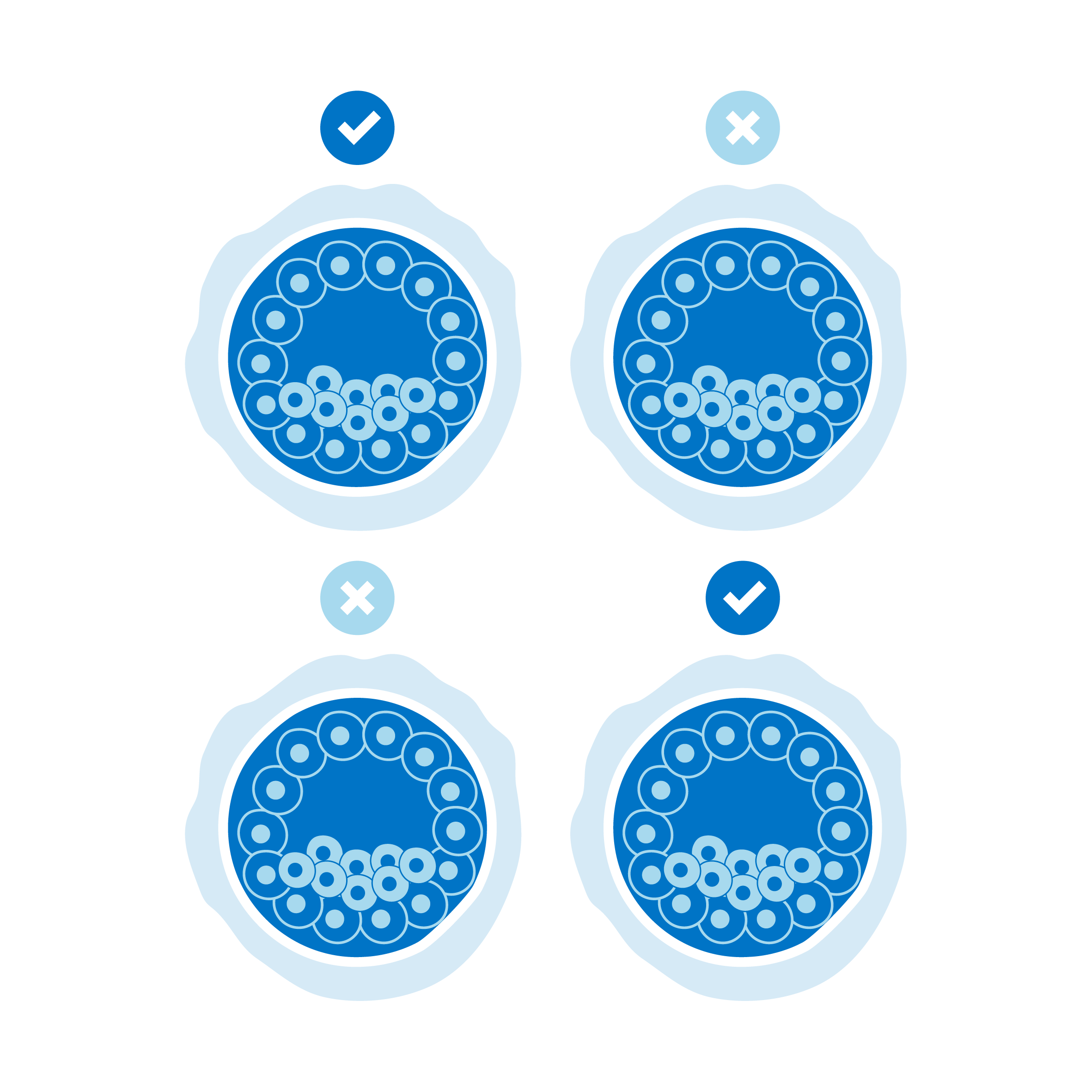
What is Preimplantation Genetic Testing (PGT)?
Preimplantation Genetic Screening (PGS) is an advanced genetic testing technique used during in vitro fertilization (IVF) to screen embryos for chromosomal abnormalities before they are transferred into the uterus. The goal of PGS is to improve the chances of a successful pregnancy and healthy baby by selecting embryos with the correct number of chromosomes (euploid embryos). PGS can also identify the gender of each embryo, allowing for gender selection if desired.

How Does PGT Work?

Who Should Consider PGT?
Benefits of PGT
Benefits of PGT

PGS vs. PGD: What’s the Difference?
PGT (Preimplantation Genetic Testing)
PGD (Preimplantation Genetic Diagnosis)
Get An Appointment
Your information is safe with us. We respect and protect your privacy. We will not rent, sell or share your personal information with outside companies for their promotional use. We will not distribute your personal information to outside parties without your consent.

Frequently Asked Questions
Ready to Take the Next Step?
Understanding your fertility health is the first step toward achieving your dream of parenthood. Let us provide you with the answers and guidance you need.

